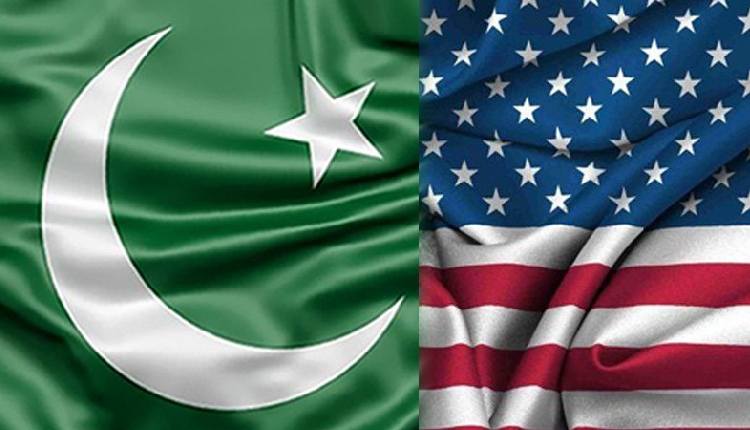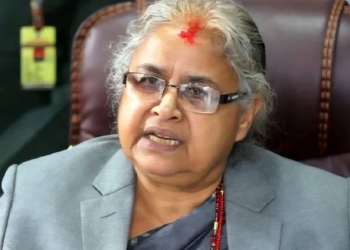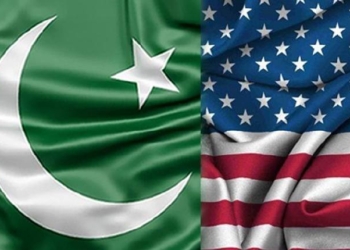Washington: The United States has recognised India as a “central pillar” of its Indo-Pacific strategy, a fellow democracy, a key counterbalance to China, and a link to the Global South, while Washington’s tariff measures weaken these very objectives, a report cited on Friday.
It said, rather than coercion, Washington should adopt policies that make cooperation with the US the most beneficial path for India.
“The United States should not expect India to align fully with Western positions. Instead, it should aim to ensure that when India balances, it balances toward the United States rather than away. That requires incentives, not punishments. It also requires recognition that India will pursue multiple partnerships simultaneously, including with Europe, Japan, and the Global South. Washington’s task is not to demand exclusivity but to make partnership with the United States the most attractive option,” a report in ‘The National Interest’ detailed.
According to the report, punitive tariffs will neither change India’s energy choices nor speed up the end of the war in Ukraine. Instead, they risk eroding one of America’s most vital strategic partnerships, pushing New Delhi closer to Moscow and Beijing precisely when Washington’s strategy calls for the opposite.
“If the United States is to sustain its global leadership, it must avoid pushing India into such alignments. Instead, Washington should seek to anchor India more firmly within its strategic orbit—through energy cooperation, technology partnerships, trade agreements, and diplomatic respect. The path forward is not punishment, but partnership,” the report emphasised.
“India’s reliance on Russian oil is rooted in domestic economic necessity, not an urge to defy US policy. Discounted Russian crude has accounted for over one-third of India’s oil imports, saving New Delhi billions of dollars annually and helping keep fuel prices affordable for its 1.4 billion citizens. A sudden cutoff could impose an $11 billion shock—an untenable burden for any Indian government to bear,” it added.
The report stressed that the US faces an important choice: either to continue using tariffs and coercion, expecting to punish India into compliance, or to recognise the futility of this approach and instead pursue building durable agreements that align with the interests of both nations.
“At a time when the global balance is shifting and new alignments are forming, Washington cannot afford to alienate one of its most pivotal partners. To choose punishment is to risk driving India toward Beijing and Moscow, thereby complicating efforts to end the war in Ukraine and destabilising the Indo-Pacific region. To choose partnership is to strengthen US leadership, stabilise the global order, and secure a future where democracy and prosperity flourish side by side,” the report noted.
(IANS)
















